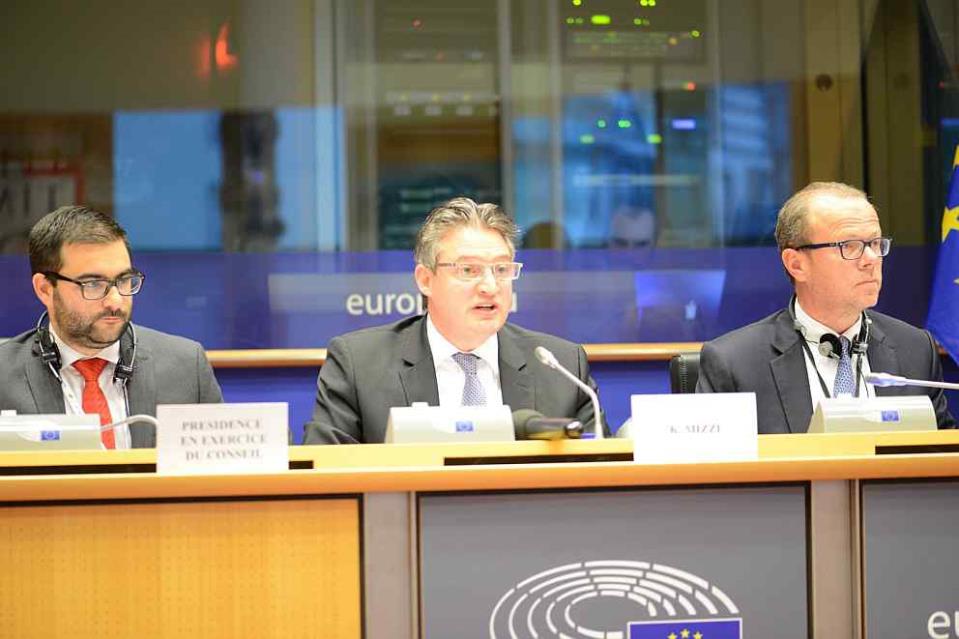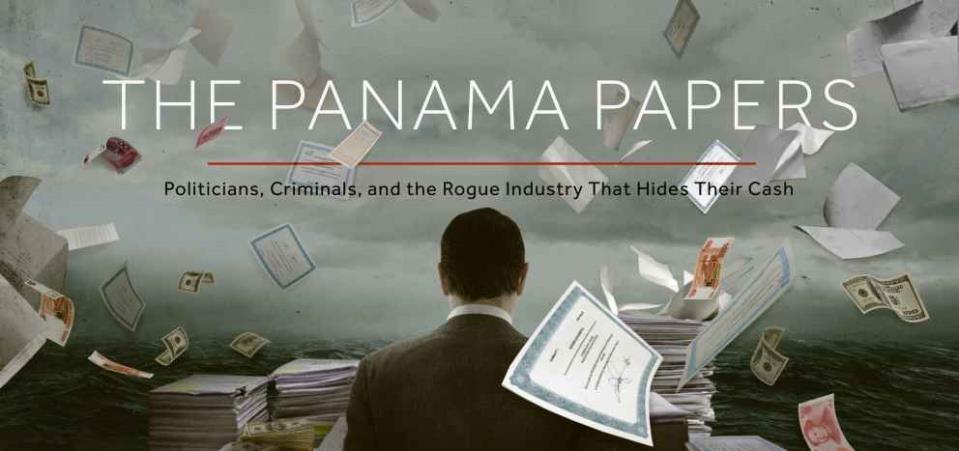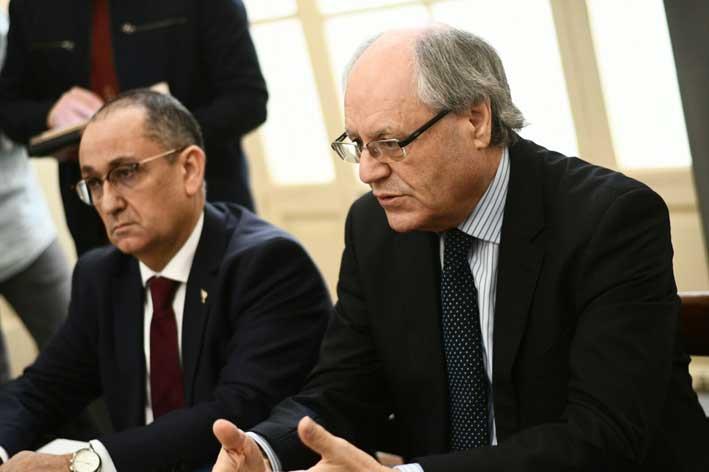Finance Minister Edward Scicluna told The Malta Independent that it is for others to decide whether Minister Konrad Mizzi’s position in Cabinet and as head of the EU’s Energy Council is one reason more questions in the EU Parliament are being asked about Malta’s taxation system.
He was being questioned by this newsroom after his grilling within the EU Parliament’s ECON committee, where questions related to taxation in Malta as well as the Panama Papers were rife. The Malta Independent had previously heard rumours that the Panama Papers scandal would lead certain factions in the EU and the EP to push for tax harmonisation.
He was originally asked whether, given that Minister Mizzi is still a minister in Cabinet, and leads the Energy Council, this was bringing about more questions by MEPs about Malta’s taxation system, whether he believes it to be one of the main causes for more such questions?
“If you mix it all together in what I call a hotchpotch presentation, yes, but I try to distinguish.” He said that, when talking about the Maltese regime, “My concern is whether our jurisdiction is secretive or has any affinity to Panama. The answer is ‘not at all’. We began abiding by the Financial Action Task Force’s rules and recommendations before joining the EU, and we are evaluated every two years. If we are talking about Malta, then talk about our jurisdiction and not about other jurisdictions. The rest is a question about governance and political responsibility.”

He was asked again: given that this newsroom did not feel his answer was clear enough as he was not asked whether MEPs are confusing the matters, but rather if he concretely believes that Minister Mizzi’s position was leading to questions on Malta’s tax regime. In his second response, he said that it was for others to decide upon. “My job is to clarify the issues and separate them,” he said.
Asked what he had to say about Malta’s tax regime, given that certain members within the European Parliament are likening Malta’s tax system to that of a tax haven, the minister said that taxation is a delicate matter in the European Parliament as it has no power on taxation, and that it is the governments which have the power.
He says, “They [the European Parliament] can come to voluntary agreements. That is why we have a peer-review code of conduct which has brought about changes and advancements, through agreement in the EU Council. If it were to come to changes like those we are doing through the anti-tax avoidance directives, then it would be the Council’s remit and we have had changes. When we discuss this during in the European Parliament, we just listen to the opinions. Opinions do matter.”

Referring to questions raised during the Committee meeting, where an MEP said that Malta’s rebate system on tax charged on dividends to foreign shareholders essentially cut tax down to 5%, Prof. Scicluna said: “Malta’s system is unlike a classical model where one would have a separate corporation tax. We call our system a full-imputation system. It is a caricature to say that tax in Malta is only 5%, as the way it works for all Maltese and foreign shareholders is not like that. It’s a question of income tax, where the 35% is taxed or withheld by government at source - where the profits are made.
“If they are undistributed then they remain paying that 35%, and when they are distributed, one pays a rate according to their income status on one’s dividends, and then you get a refund for the rest. For foreign shareholders for Malta-registered companies, there is the 35% withholding tax but they will get a refund on the assumption that it would be taxed in their particular countries.

“Malta will cooperate and make any required adjustments under the anti-tax avoidance directives so that these systems will not be misused in a way whereby companies will practice double non-taxation or double deductions. These are the loopholes which the Council and the OECD are working on.
“For the classical regimes like Luxembourg or Ireland, it’s not a question of what you see is what you get, as there will be hidden deductions and tax breaks which could effectively bring the tax down lower than is here in Malta. The tax rulings given between one company and another, and the sweet deals are hidden. Malta does not have any of those, but we have a full-imputation system. We have been promised that none of the changes - even by the OECD - are meant to destroy this legitimate system, which has been approved by the EU.
“This does not, however, mean that we are not cooperating with other countries to do what needs to be done. We are participating in the OECD and we will sign conventions so that our treaties will abide by the base erosion and profit shifting (BEPS) recommendations. We are participating in building a new framework on transfer payments etc. All the tricks used for aggressive tax planning are being gradually addressed through the BEPS and the OECD.
“Our intention is that Malta will cooperate once the agreement is global. We don’t want to be with a small group of EU countries, to the detriment of investment to that group, as other countries are not abiding. Of course we want companies to pay tax.”
Turning to transparency and secrecy, he said that Malta’s Financial Intelligence and Analysis Unit’s own annual report goes into all such details. “Our legislation is comprehensive and we have not left out any offence that has been recommended to be dealt with.”